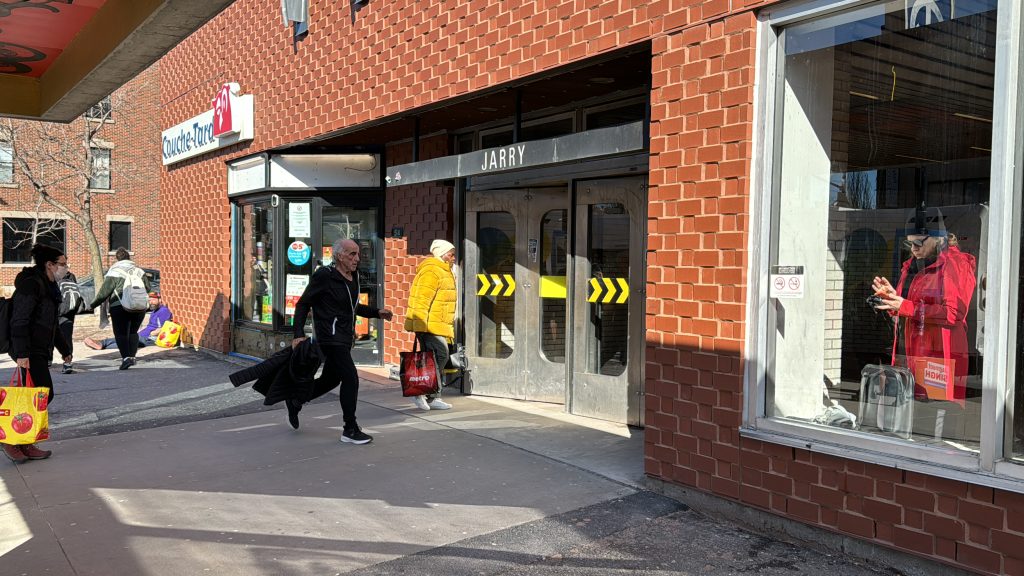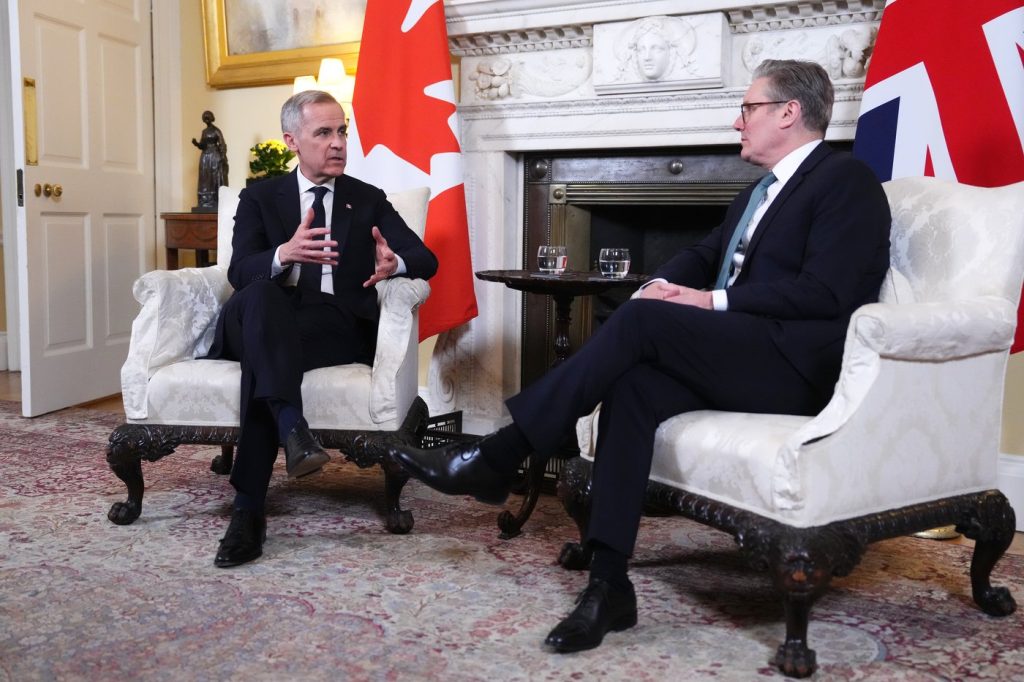Widespread confusion, job losses as tariffs hit small Canadian businesses

Posted April 3, 2025 10:04 am.
Last Updated April 3, 2025 11:17 am.
With another round of tariffs announced by the United States, some small business owners in Canada admit they’ve already had to lay off staff and scale back operations as the economy struggles to find a balance.
The Canadian Federation of Independent Business (CFIB) says nine per cent of owners say they’ve issued layoff notices. With things so uncertain, they’re voicing concerns that Canadians aren’t spending as much as they used to. To help cover rising costs, they’re being forced to raise their prices by 3.7 per cent this month.
“This latest tariff announcement from the U.S. president has certainly left a lot of small businesses wondering how this is going to impact their trade and their imports,” explained Michelle Auger, senior policy analyst with the CFIB.
She tells 1130 NewsRadio that the amount of uncertainty around the levies is leaving many feeling scared, frustrated, and unclear about what the future holds.
“We don’t know if this is temporary or we’re in this for the long haul. There is still a lot to figure out about these tariffs … and I think that’s the biggest concern right now for a lot of our members. Just not knowing if one day a product is tariffed or not and this on and off nature that we’re currently in,” Auger explained.
Auger says the CFIB doesn’t have a long-term plan to deal with it all but feels now is the time for Canada to strengthen its trading abilities, whether it’s here at home or abroad.
“Immediate actions like reducing their tax burden, reducing red tape, and removing those internal trade barriers is an opportunity here for Canada to make things better within our country,” Auger said.
She says it is surprising that interprovincial trade barriers still exist, given how challenging things have been since Trump took office in late January.
Prime Minister Mark Carney said in March that the aim was to have free internal trade by Canada Day.
“We need to remove these barriers. We need to allow businesses to sell their products across the country. We’re happy there is some movement right now … but we’re just hoping that momentum will continue, and that’s something that will happen soon.”

She points out that the CFIB is also pushing for some transparency in this trade war.
“One of the big things we’ve been saying to the government is we’ve got this surtax on all these American products that are coming into our country, and so the government is currently collecting money on the tariffs on the imported products, but we don’t know that amount yet. Nobody seems to know how much money has been collected from the surtax and our countermeasures. We’ve been asking the government that we should make that public and that money that’s been collected should be returned to businesses to help them stay afloat.”
Despite remaining on the federal election campaign trail, Prime Minister Carney is meeting the nation’s premiers on Thursday to discuss the latest round of U.S.-imposed tariffs.
On Wednesday, U.S. President Donald Trump unveiled a 10 per cent baseline tariff on imports from most countries and a lengthy list of tariff levels dozens will face.
A fact sheet from the White House said goods imported under the Canada-U.S.-Mexico Agreement on trade, known as CUSMA, do not face tariffs; however, imports that fall outside the trade pact will be hit with 25 per cent levies.
Trump also said he is going ahead with previously announced 25 per cent tariffs on automobile imports, which will add to existing 25 per cent tariffs on all steel and aluminum imports into the U.S., including those from Canada.








